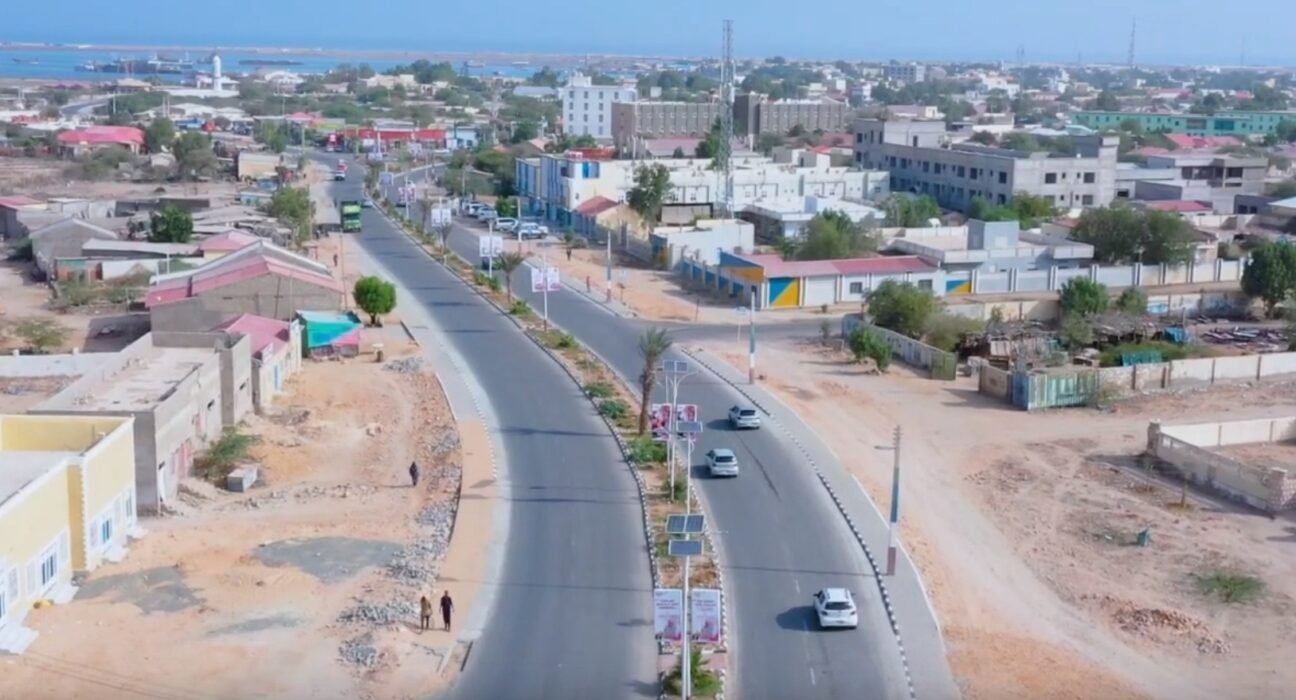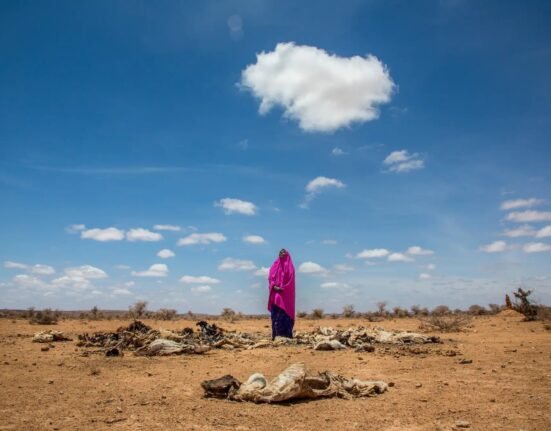As Somalia’s cities continue to experience rapid urbanization and population growth, the need for sustainable infrastructure has become increasingly significant. Ensuring the development of resilient and innovative urban landscapes is crucial for addressing the challenges arising from urban expansion, environmental pressures, and socio-economic demands. This article explores the importance of building sustainable infrastructure to support the growth of Somalia’s cities and sheds light on the potential solutions for a brighter and more sustainable urban future.
Unleashing Urban Potential:
In recent decades, Somalia has witnessed a significant influx of people migrating from rural areas to its cities, seeking better employment opportunities and living conditions. This urbanization has placed immense pressure on existing infrastructure, leading to inadequate basic services, crowded settlements, and strained resources. However, viewed from another perspective, this increasing urban population presents a unique opportunity to foster economic growth and social development. To achieve this, a sustainable approach to infrastructure planning and execution is crucial.
Key Pillars of Sustainable Infrastructure:
1. Resilient Housing and Efficient Buildings: Constructing energy-efficient, affordable, and climate-resilient buildings is vital for promoting sustainable urban living. Utilizing innovative materials, green technologies, and passive design strategies can significantly reduce energy consumption, minimize carbon emissions, and improve the overall quality of housing in growing cities.
2. Robust Transport Systems: Developing a well-connected and accessible transportation network is essential for improving mobility and reducing traffic congestion in cities. Integration of affordable public transportation services, investment in eco-friendly modes such as cycling lanes and pedestrian walkways, and implementing smart traffic management systems can enhance transportation efficiency while reducing environmental impacts.
3. Water and Sanitation Infrastructure: Access to safe water and proper sanitation facilities are fundamental human rights. Efforts to develop sustainable water supply systems, efficient wastewater treatment plants, and effective garbage disposal mechanisms are crucial to maintain public health standards and preserve the environment.
4. Renewable Energy Sources: Embracing renewable energy technologies can provide reliable, clean, and affordable power solutions for urban clusters. By tapping into Somalia’s abundant solar, wind, and geothermal resources, cities can reduce dependence on fossil fuels, increase energy security, and mitigate the adverse effects of climate change.
5. Green Spaces and Urban Biodiversity: Creating and preserving green spaces within cities is essential for improving air quality, regulating temperatures, and enhancing residents’ well-being. Investing in urban forestry, parks, gardens, and promoting biodiversity conservation can foster a healthier and more attractive urban environment.
Opportunities and Challenges:
While the vision of building sustainable infrastructure in Somalia’s growing cities is inspiring, it comes with its own set of challenges. Inadequate funding, weak governance, lack of skilled human resources, and limited access to technology and data pose significant obstacles. However, by fostering collaboration between government bodies, international organizations, private sector stakeholders, and local communities, these challenges can be overcome.
Building sustainable infrastructure is an imperative step towards creating resilient, prosperous, and livable cities in Somalia. By embracing innovative approaches to urban development, such as incorporating smart technologies, utilizing renewable energy, and adopting nature-oriented solutions, the country can achieve inclusive economic growth, improve living conditions, and protect the environment. The journey towards sustainable cities demands progressive policies, investments, and the active involvement of all stakeholders. Now is the time to act and pave the way for Somalia’s urban future built on principles of sustainability.






